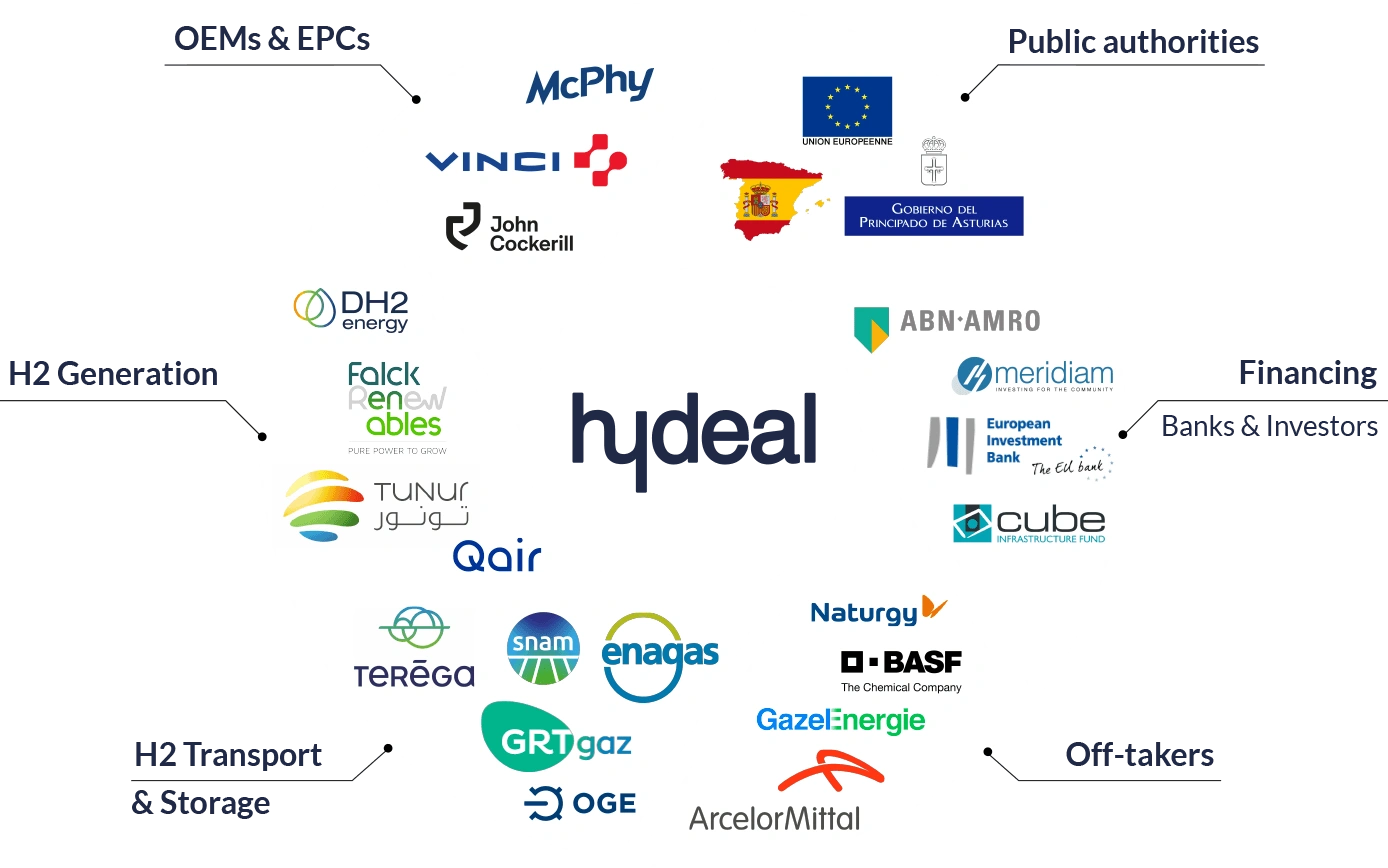Countries warn Europe’s climate policies risk being weakened

John E. Kaye
- Published
- Home, Sustainability

Germany, Denmark, Slovenia and seven other European Union countries have warned of attempts to weaken the bloc’s climate change policies, which they said are pushing negotiators towards deals that could thwart the region’s green goals. In a joint statement, the countries said such efforts were happening both among EU states and the European Parliament, without naming specific countries or lawmakers.
“We are looking with rising concern at the different calls to water down ambition across the files … and the concessions made in the context of finding compromises,” said the statement, led by Denmark and also signed by Austria, Spain, Finland, Ireland, Luxembourg, the Netherlands and Sweden. “Seen in isolation, these changes might seem justified or limited in impact, but adding them all up we risk missing the mark by 2030 and setting us on an impossible trajectory thereafter,” it said.
With the negotiations taking place against a backdrop of soaring energy costs, inflation and Europe’s dash to buy non-Russian fossil fuels, the concerns reflect the difficulty the EU faces in implementing economy-transforming CO2 cuts among its 27 member states. The countries urged policymakers not to let “short term motives” undermine their resolve to fight climate change.
The dozen EU laws are designed to cut the bloc’s net emissions 55% by 2030, from 1990 levels. They include a 2035 ban on new fossil fuel car sales and an upgrade of Europe’s carbon market. Some have faced recent setbacks. The European Parliament recently failed to agree its position on the carbon market, after lawmakers disagreed on how ambitious it should be.
Meanwhile, draft documents show EU countries may delay the launch of a new carbon market and allow an EU “modernisation fund” to keep funding gas projects, despite Brussels proposing that it stop financing fossil fuels. Failure to hit its 2030 goal could see Europe struggle to then achieve net zero emissions by 2050 – the global milestone scientists say would avert the worst impacts of climate change. EU countries and Parliament each plan to agree their position on the climate policies this month, before negotiating together to agree the final laws.
RECENT ARTICLES
-
 Strong ESG records help firms take R&D global, study finds
Strong ESG records help firms take R&D global, study finds -
 How residence and citizenship programmes strengthen national resilience
How residence and citizenship programmes strengthen national resilience -
 Global leaders enter 2026 facing a defining climate choice
Global leaders enter 2026 facing a defining climate choice -
 EU sustainability rules drive digital compliance push in Uzbekistan ahead of export change
EU sustainability rules drive digital compliance push in Uzbekistan ahead of export change -
 China’s BYD overtakes Tesla as world’s largest electric car seller
China’s BYD overtakes Tesla as world’s largest electric car seller -
 UK education group signs agreement to operate UN training centre network hub
UK education group signs agreement to operate UN training centre network hub -
 Mycelium breakthrough shows there’s mush-room to grow in greener manufacturing
Mycelium breakthrough shows there’s mush-room to grow in greener manufacturing -
 Oxford to host new annual youth climate summit on UN World Environment Day
Oxford to host new annual youth climate summit on UN World Environment Day -
 Exclusive: Global United Nations delegates meet in London as GEDU sets out new cross-network sustainability plan
Exclusive: Global United Nations delegates meet in London as GEDU sets out new cross-network sustainability plan -
 Fast fashion brands ‘greenwash’ shoppers with guilt-easing claims, study warns
Fast fashion brands ‘greenwash’ shoppers with guilt-easing claims, study warns -
 Private sector set to overtake government as main driver of corporate sustainability in 2026, report suggests
Private sector set to overtake government as main driver of corporate sustainability in 2026, report suggests -
 Sir Trevor McDonald honoured at UWI London Benefit Dinner celebrating Caribbean achievement
Sir Trevor McDonald honoured at UWI London Benefit Dinner celebrating Caribbean achievement -
 Historic motorsport confronts its energy future
Historic motorsport confronts its energy future -
 Protecting the world’s wild places: Dr Catherine Barnard on how local partnerships drive global conservation
Protecting the world’s wild places: Dr Catherine Barnard on how local partnerships drive global conservation -
 Europe’s HyDeal eyes Africa for low-cost hydrogen link to Europe
Europe’s HyDeal eyes Africa for low-cost hydrogen link to Europe -
 Fabric of change
Fabric of change -
 Courage in an uncertain world: how fashion builds resilience now
Courage in an uncertain world: how fashion builds resilience now -
 UAE breaks ground on world’s first 24-hour renewable power plant
UAE breaks ground on world’s first 24-hour renewable power plant -
 China’s Yancheng sets a global benchmark for conservation and climate action
China’s Yancheng sets a global benchmark for conservation and climate action -
 Inside Iceland’s green biotechnology revolution
Inside Iceland’s green biotechnology revolution -
 Global development banks agree new priorities on finance, water security and private capital ahead of COP30
Global development banks agree new priorities on finance, water security and private capital ahead of COP30 -
 UK organisations show rising net zero ambition despite financial pressures, new survey finds
UK organisations show rising net zero ambition despite financial pressures, new survey finds -
 Gulf ESG efforts fail to link profit with sustainability, study shows
Gulf ESG efforts fail to link profit with sustainability, study shows -
 Redress and UN network call for fashion industry to meet sustainability goals
Redress and UN network call for fashion industry to meet sustainability goals -
 World Coastal Forum leaders warn of accelerating global ecosystem collapse
World Coastal Forum leaders warn of accelerating global ecosystem collapse



























